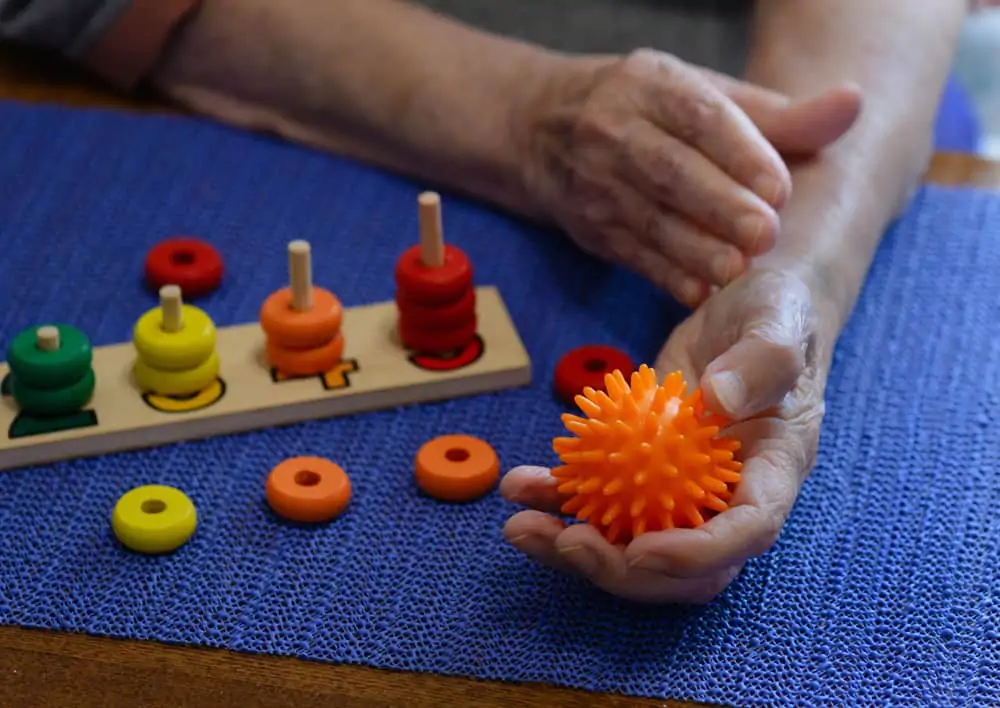
TBI is associated with a wide range of cognitive, emotional, behavorial and psychological, sequelae. The executive functions, found in the frontal lobe of the brain, have proven to be particularly vunerable in TBI. Frontal lobe dysfunctions in TBI can be secondary to direct impact or a disrupting frontal connection.
The TBI medical literature also demonstrates a correlation and relationship between TBI severity, breadth and severity of neuropsychological deficits and recovery pattern. Medical literature has also analyzed and reported on the use of neuroimaging in conjunction with neuropsychological testing in measuring TBI outcomes.
An important first step in neuropsychological assessment of TBI patients is to determine the individual’s pre-injury level of ability and cognitive functioning. This is usually accomplished utilizing a combination of demographic variables and actual test performances. School records, including standardized scores, GPA and transcripts can help with determining pre-injury level functioning. The Wide Range Achievement Test and North American Adult Reading Test are commonly used to assess pre-injury abilities through single word reading recognition.
Representative neuropsychological testing to determine current cognitive functioning are numerous:
Attention:
Wechsler Adult Intelligence Scale, Wechsler Memory Scale, Stroop Test, Trail Making Test;
Memory:
California Verbal Learning Test, Rey-Osterrieth Complex Figure test, Rey Auditory-Verbal Learning Test;
Executive Functions:
Category Test, Wisconsin Card Sorting Test, Trail Making Test, Stroop Test, Executive Control Battery, Delis-Kaplan Executive Function Systems;
Language:
Boston Diagnostic Aphasia Examination, Multilingual Aphasia Examination, Reitan-Indiana Aphasia, Word Fluency;
Visuospatial:
Facial Recognition Test, Judgment of line orientation, Visual Form Discrimination Test, Rey-Osterrieth Complex Figure, Benton Visual Retention Test;
Motor Processes:
Finger Oscillation Test, Grooved Pegboard Test, Purdue Pegboard Test, Strength of Grip Test;
Affect and Personality:
Minnesota Multiphasic Personality Assessment (MMPI), Beck Inventories, Personality Assessment Inventory, Symptom Checklist
Effort:
Word Memory Test,Tests of Memory Malingering (TOMM),Reliable Digit and Spatial Span, Dot Counting Test.
The neuropsychological approach to TBI considers the patient in total, including pre-morbid and post-incident factors. Neuropsychological assessment of executive functions is of critical importance in TBI given the vunerability of the frontal lobe in TBI. No single-measure executive control function adequately assesses for all of the executive function components. Thus, a battery of executive functioning testing is used to assess most functions.
Neuropsychological testing used in combination with other outcome methods and imaging seems to provide the most accurate predictive measure to TBI.
